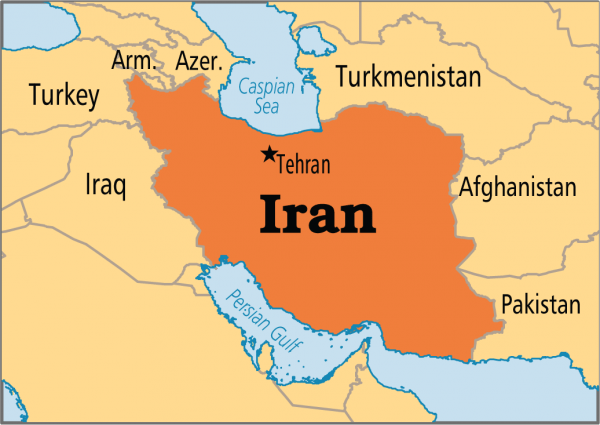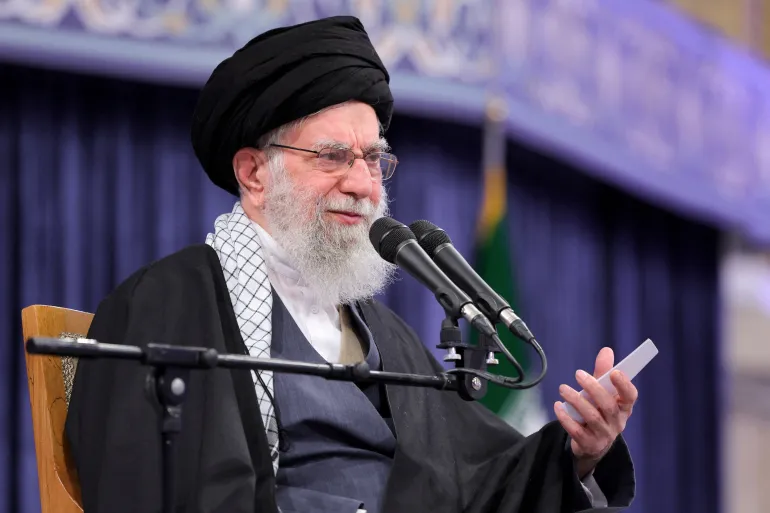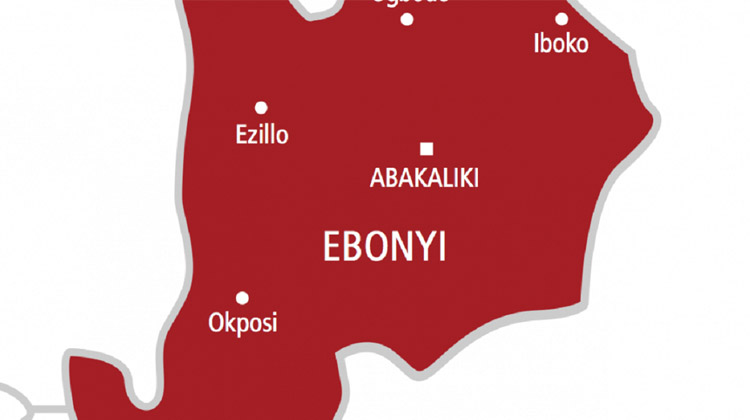
The Independent Corrupt Practices and other Related Offences Commission (ICPC) is set to begin the second phase of tracking of constituency projects, crimefacts.news can report.
This follows the huge successes recorded in the first phase of the exercise carried out in 12 states of the federation.
ICPC Chairman, Professor Bolaji Owasanoye, during a pre-planning retreat for officers of the Commission and stakeholders in the Constituency Project Tracking Group (CPTG), said that over 200 contractors had returned to sites to complete water, health-care and many other projects that were hitherto abandoned.
Owasanoye added that CPTG recorded other successes that include the recoveries of six tractors, ambulances, dialysis machines and other hospital equipment from the sponsors of the projects across the 12 pilot states.
The successes further include the recovery of huge sums of money from the sponsors of the projects as well as ensuring the distribution of hundreds of tricycles, grinding machines and other empowerment items, some of which were secured in 2016, to beneficiaries.
He said but for the CPTG initiative, monies released by the federal government for the benefit of the people through the implementation of constituency projects, would have been diverted by the sponsors of the projects, contractors and other collaborators.
The ICPC boss also reiterated that the constituency projects tracking exercise was not targeted at anybody or group, however, it was a means to ensure that the constituents were not shortchanged by their elected representatives in quality project delivery.
According to him “The key objective is to get the project done for the benefit of the people. It is not meant to witch-hunt anybody or politician”.
However, Owasanoye warned that the Commission would not hesitate to use its enforcement powers on anybody found to have corruptly enriched himself through non-execution of projects or planned to deliberately frustrate the work of CPTG.
He added that the CPTG would also focus on civil servants in relevant agencies in charge of implementation of constituency projects, who collude with the sponsors and contractors to deny the constituents the benefits of the projects.
The second phase would focus on tracking infrastructural and agricultural projects, besides empowerment and capacity building, education and healthcare projects of the first phase.






